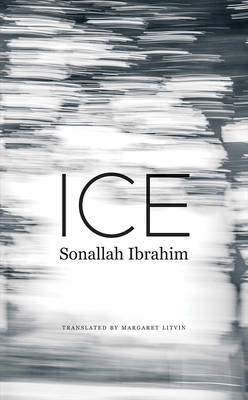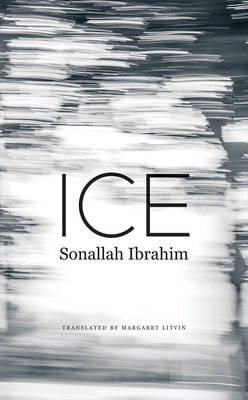
- Retrait gratuit dans votre magasin Club
- 7.000.000 titres dans notre catalogue
- Payer en toute sécurité
- Toujours un magasin près de chez vous
- Retrait gratuit dans votre magasin Club
- 7.000.0000 titres dans notre catalogue
- Payer en toute sécurité
- Toujours un magasin près de chez vous
Description
The year is 1973. An Egyptian historian, Dr. Shukri, pursues a year of non-degree graduate studies in Moscow, the presumed heart of the socialist utopia. Through his eyes, the reader receives a guided tour of the sordid stagnation of Brezhnev-era Soviet life: intra-Soviet ethnic tensions; Russian retirees unable to afford a tin of meat; a trio of drunks splitting a bottle of vodka on the sidewalk; a Kirgiz roommate who brings his Russian girlfriend to live in his four-person dormitory room; black-marketeering Arab embassy officials; liberated but insecure Russian women; and Arab students' debates about the geographically distant October 1973 War. Shukri records all this in the same numbly factual style familiar to fans of Sonallah Ibrahim's That Smell, punctuating it with the only redeeming sources of beauty available: classical music LPs, newly acquired Russian vocabulary, achingly beautiful women, and strong Georgian tea. Based on Ibrahim's own experience studying at the All-Russian Institute of Cinematography in Moscow from 1971 to 1973, Ice offers a powerful exploration of Arab confusion, Soviet dysfunction, and the fragility of leftist revolutionary ideals.
Spécifications
Parties prenantes
- Auteur(s) :
- Editeur:
Contenu
- Nombre de pages :
- 256
- Langue:
- Anglais
- Collection :
Caractéristiques
- EAN:
- 9780857426505
- Date de parution :
- 15-11-19
- Format:
- Livre relié
- Format numérique:
- Genaaid
- Dimensions :
- 130 mm x 203 mm
- Poids :
- 557 g

Les avis
Nous publions uniquement les avis qui respectent les conditions requises. Consultez nos conditions pour les avis.






